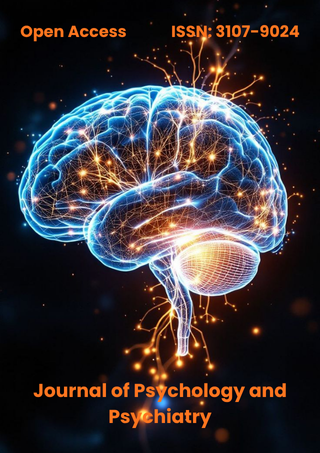Postpartum Depression and Care
Postpartum depression (PPD) is a serious and often underdiagnosed mood disorder that affects women following childbirth, typically emerging within the first few weeks to months postpartum. Characterized by persistent sadness, anxiety, fatigue, irritability, and difficulty bonding with the newborn, PPD can significantly impact both maternal well-being and infant development. Unlike the transient "baby blues," postpartum depression requires clinical attention and may persist without intervention. Risk factors include hormonal fluctuations, a history of mental health disorders, lack of social support, and stressful life events. Effective care for PPD involves a combination of therapeutic approaches, such as cognitive-behavioral therapy (CBT), interpersonal therapy, support groups, and in some cases, pharmacological treatment. Integrating mental health screening into routine perinatal care and fostering open, stigma-free dialogue about maternal mental health are essential steps in ensuring timely diagnosis and comprehensive support for affected mothers.
Article Processing Timeline
| 2-5 Days | Initial Quality & Plagiarism Check |
| 15 Days |
Peer Review Feedback |
| 85% | Acceptance Rate (after peer review) |
| 30-45 Days | Total article processing time |
Indexed In
ResearchBib
Sindexs
OAJI
DOAJ
CrossRef
PubMed
MEDLINE
EBSCO A-Z / Host
OCLC - WorldCat
Journal Flyer


